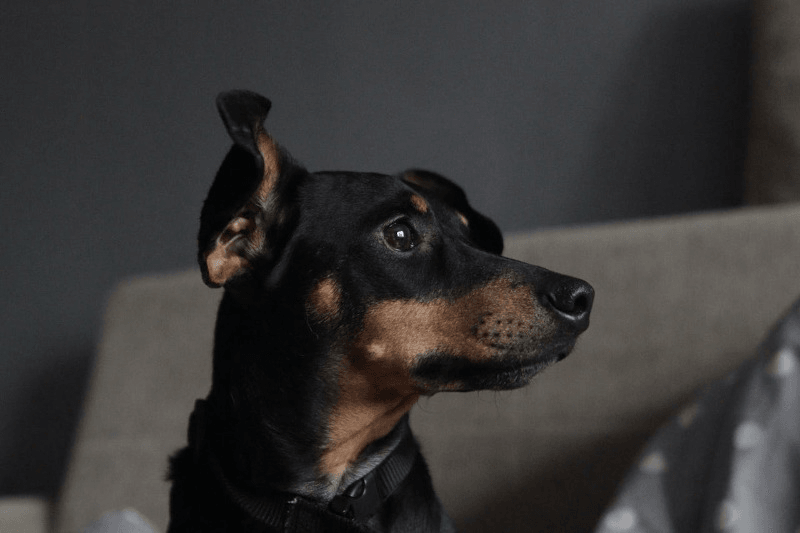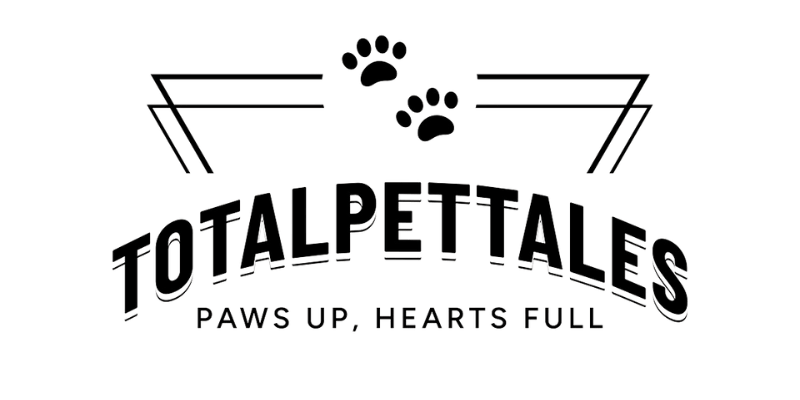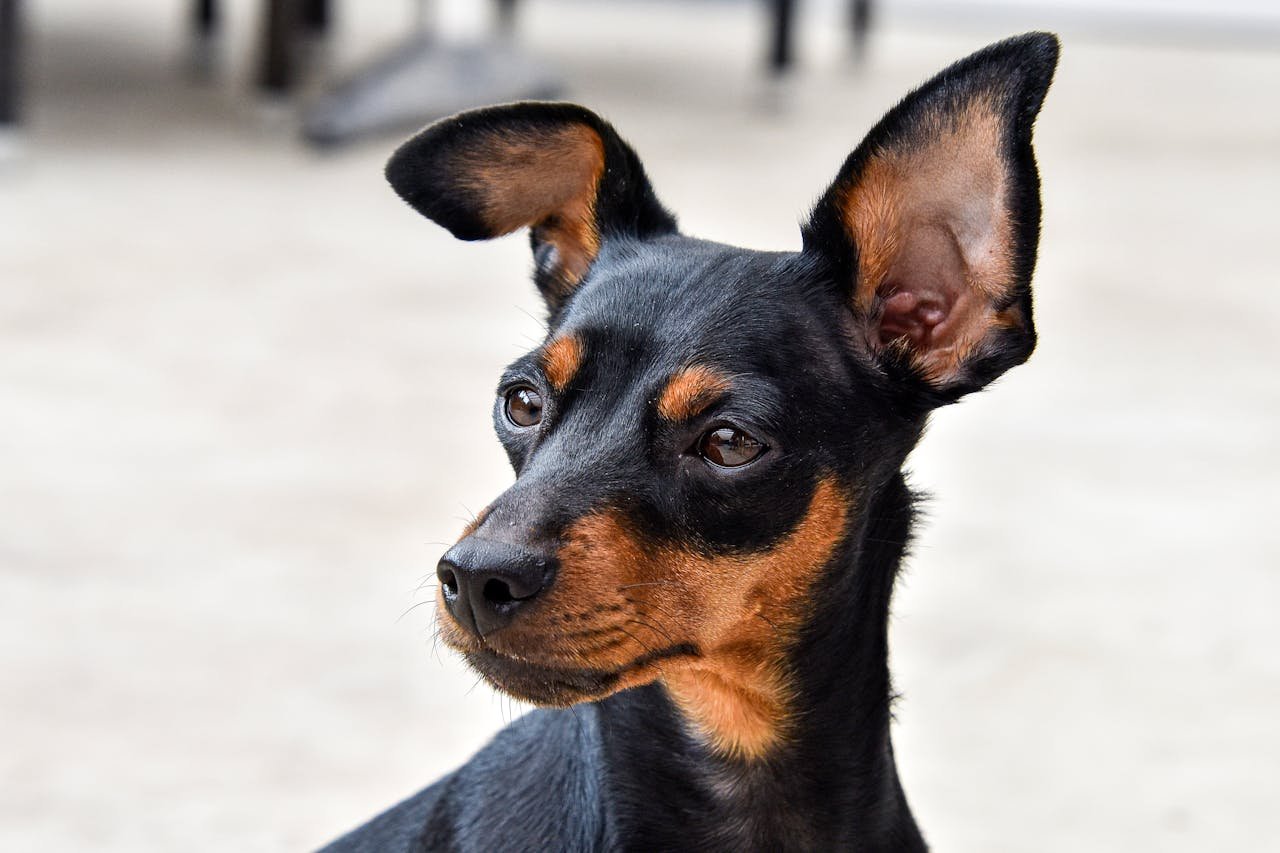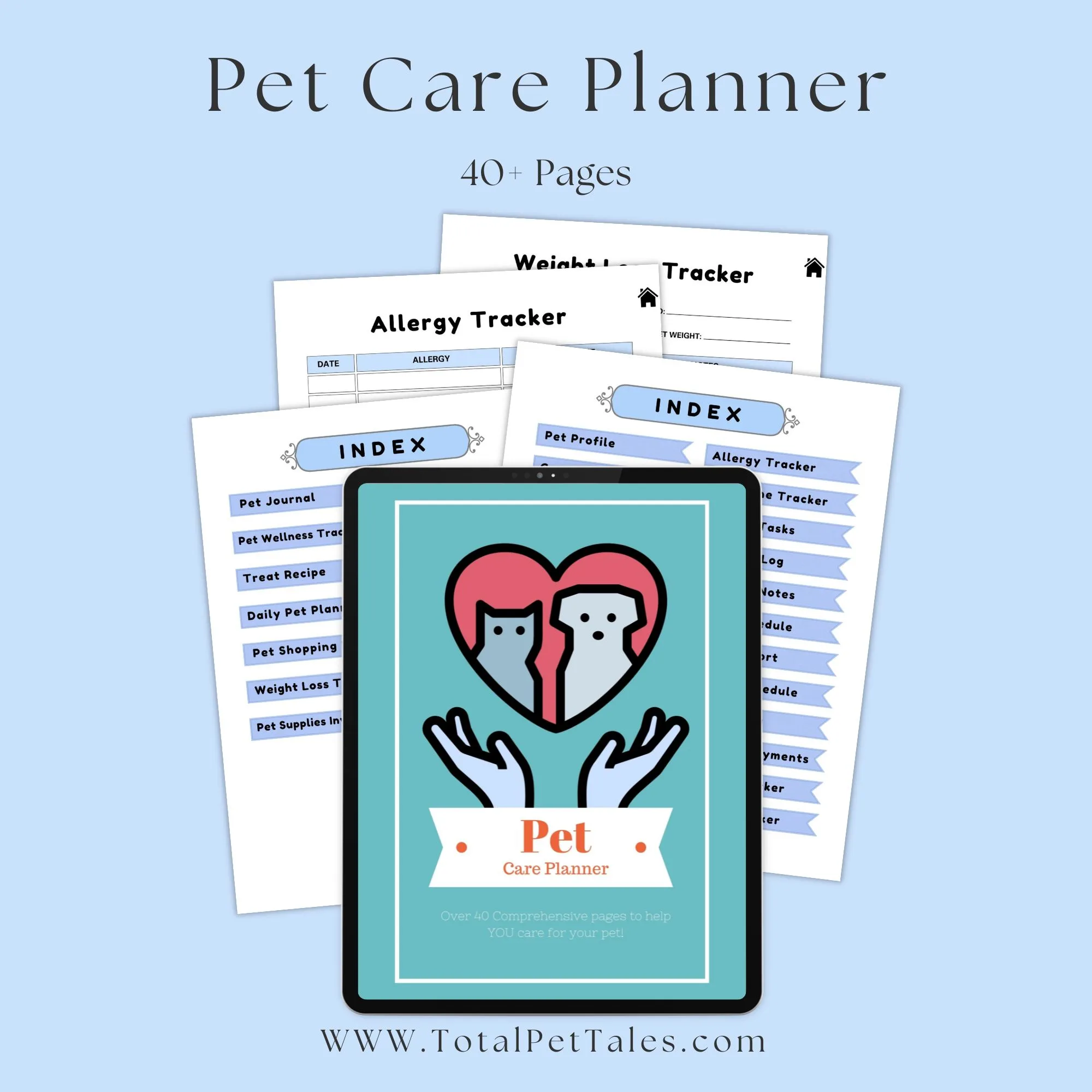The Miniature Pinscher, often celebrated for its spirited and fearless nature, stands as a distinct breed within the toy group of dogs. Originating from Germany, this breed boasts an impressive lineage that predates many others, including the Doberman Pinscher, to which it bears a superficial resemblance. Despite its small stature, the Miniature Pinscher is known for its strong will and dynamic energy levels, making it a favorite among those who appreciate a lively canine companion. Characterized by its sleek coat and elegant appearance, the Miniature Pinscher commands attention while maintaining an air of nobility. This introduction aims to shed light on the unique attributes of the Miniature Pinscher, providing insights into what makes this breed a remarkable choice for dog enthusiasts around the world.
Key Takeaways
- Miniature Pinschers are energetic and require regular exercise to stay healthy; incorporating daily walks and playtime is crucial.
- Proper health care, including regular vet check-ups and vaccinations, can prevent common health issues in Miniature Pinschers.
- These dogs thrive in environments where they can be part of the family activities; they’re not suited for being left alone for long periods.
- When looking to add a Miniature Pinscher to your family, consider adoption or seek reputable breeders who conduct health screenings.
- Understanding the breed’s characteristics and needs helps in creating a nurturing environment for a Miniature Pinscher.
- Engage with a community of Miniature Pinscher owners for support, advice, and to share experiences.
Breed Overview
History
The Miniature Pinscher, often hailed as the “King of Toys,” boasts a rich heritage that traces back to Germany and Scandinavia. This breed emerged from a blend of the Dachshund and Italian Greyhound, creating a distinct lineage known for its spirited demeanor. Despite its well-documented evolution, the breed’s ancient origins remain shrouded in mystery, captivating dog enthusiasts worldwide. Over centuries, the Miniature Pinscher has carved out its niche in various cultures, celebrated for its vivacious spirit and noble stature among toy breeds.
Physical Characteristics
This toy breed exhibits a compact, wedge-shaped physique that is both elegant and sturdy. Standing no more than 12.5 inches at the shoulder, the Miniature Pinscher presents a balanced profile that is unmistakable. The breed’s coat comes in striking colors such as solid red, chocolate-and-rust, or black-and-rust, adding to its visual appeal. One of its most distinctive features is the ‘hackney’ gait, a high-stepping movement that sets it apart from other toy breeds. This unique stride not only highlights the breed’s exuberant personality but also showcases its agility and confidence.
Personality and Temperament
Despite their diminutive size, Miniature Pinschers pack a bold and fearless personality. They embody the essence of a ‘big dog’ in a small body, displaying an independence and intelligence that make them both endearing and challenging companions. These dogs are known for their fun-loving nature, always ready for play or adventure. Their loyalty and protective instincts belie their small stature, making them vigilant guardians of their homes. However, it’s their self-possessed attitude and sheer determination that truly define this breed’s temperament.
 Creator: glenn_e_wilson
Creator: glenn_e_wilson
Health And Care
Common Health Issues
Miniature Pinschers are generally robust but face some health challenges. Patellar luxation, Legg-Calve-Perthes disease, and heart defects rank among common issues. Early detection through regular vet checkups is crucial. It helps manage these conditions before they worsen. Responsible breeding practices also play a significant role in minimizing genetic health problems.
Owners must stay vigilant for symptoms and seek prompt veterinary care. This proactive approach ensures the well-being of their Miniature Pinscher.
Dietary Needs
Feeding Miniature Pinschers a high-quality diet is essential. The food should match their age, size, and activity level. Always ensure clean, fresh water is available.
Overfeeding can lead to obesity, worsening health issues like joint problems. Thus, maintaining a healthy weight is critical for their overall health.
A balanced diet supports their energy needs while preventing weight gain. Consultation with a vet can provide personalized dietary advice.
Exercise Requirements
Despite their small stature, Miniature Pinschers require daily exercise to stay fit. Activities such as brisk walks, play sessions, and agility training keep them active.
Underestimating their energy can lead to behavioral issues from pent-up energy. Therefore, it’s vital to meet their exercise needs for a happy and healthy life.
These activities not only maintain their athletic physique but also provide mental stimulation. It’s a fun way for owners and pets to bond.
Grooming
Grooming a Miniature Pinscher is straightforward due to their short coat. A weekly brushing routine suffices to keep it sleek and clean.
Regular nail trimming prevents discomfort and mobility problems. Starting this practice early helps them get used to it.
Dental care is equally important, with frequent teeth brushing recommended. This habit prevents dental diseases that can affect overall health.
Living with a Miniature Pinscher
Training and Socialization
Miniature Pinschers, with their sharp intelligence and independent streak, thrive on early socialization. Puppy training classes are crucial. They lay the foundation for a well-behaved canine companion.
Obedience training is key to curbing their sometimes stubborn behavior. Positive reinforcement techniques work best for these pups. Treats and praises motivate them more than harsh words.
Environment
The ideal living conditions for Miniature Pinschers balance their small size with their boundless energy. They adapt well to apartment living, provided they get daily exercise. Their short coats make them sensitive to cold, so in cooler climates, snug clothing is a must.
Their territorial nature turns these friendly dogs into vigilant watchdogs. This makes them suitable for both houses and apartments. Despite their small stature, they ensure the home is always under watchful eyes.
Activities They Enjoy
Miniature Pinschers have high energy levels that match their intelligence. Activities like agility courses and obedience competitions keep them physically and mentally stimulated. These activities cater to their need for engagement and challenge.
Interactive play sessions tap into their curiosity and playfulness. Toys that mimic hunting scenarios are particularly good at keeping them entertained. Being part of family activities brings out their sociable nature, making them excellent family dogs.

Breeder Advice and Adoption
Choosing a Breeder
When you decide to bring a Miniature Pinscher into your home, choosing the right breeder is crucial. Look for breeders who prioritize the health of their dogs. This means they should perform health screenings on their breeding stock. Such screenings help reduce the risk of passing genetic diseases to puppies.
Ask breeders for health clearances. Also, make it a point to visit their premises. This visit allows you to see where the dogs are raised. You want to ensure they grow up in clean, loving environments.
Consulting breed clubs and reputable organizations is wise. They often have lists of recommended breeders. These breeders adhere to specific standards that ensure the well-being of their dogs.
Adoption
Adoption is another path to welcoming a Miniature Pinscher into your life. Many rescue organizations and shelters specialize in this breed. They can help match you with a dog that suits your lifestyle.
Adopting an adult Miniature Pinscher has its benefits. For one, it often allows you to bypass the demanding puppy stage. Plus, these dogs usually come with known health and temperament information.
Before bringing an adopted Miniature Pinscher home, prepare your space. Ensure it’s safe and welcoming for them. This might mean setting up gates or removing hazardous items from their reach.
Misc.
Popular Names
Miniature Pinschers, known for their regal stature and spirited personality, often carry names that reflect their noble and lively nature. Popular choices include King, Ruby, and Blitz. These names not only capture the essence of their character but are also easy to pronounce. This detail helps avoid confusion with common commands during training sessions.
Choosing a name based on the dog’s unique traits or behaviors can add a personal touch. For instance, a Miniature Pinscher that loves to sprint might suit the name Blitz, while one with a shiny, stag red coat could be named Ruby. Personalizing the name enhances the bond between the owner and their pet.
Fun Facts
Miniature Pinschers pack boldness into their small frames. They often surprise many people by fearlessly confronting dogs much larger than themselves. This fearless attitude showcases their big personality, making them a favorite among those who appreciate spirited dogs.
Notably, some Miniature Pinschers have made appearances in media, highlighting their charismatic presence and popularity. Their distinct breed status is sometimes overshadowed by the misconception that they are “miniature Dobermans.” In reality, Miniature Pinschers have a rich history that predates the Doberman breed by centuries. They belong to the toy group, yet they exhibit traits of much larger working dogs.
This breed’s uniqueness extends beyond its bold character and historical significance. Miniature Pinschers have distinctive physical features like their high-stepping gait and erect ears which contribute to their energetic appearance. Despite being part of the toy group, they display a work-like demeanor in how they approach life—with vigor and determination.
Top Dog Grooming Tools (Click Here)
Final Remarks
The Miniature Pinscher, with its vibrant personality and distinct appearance, stands as a testament to the diversity and richness within the canine world. This breed requires dedicated care, understanding of its health needs, and an environment that accommodates its energetic nature. Prospective owners should seek reputable breeders or consider adoption, ensuring these spirited companions find suitable homes where they can thrive. The journey with a Miniature Pinscher offers a unique blend of challenges and rewards, highlighting the importance of responsible pet ownership and the deep bond between humans and their four-legged friends.
Engagement with this breed not only enriches the lives of owners but also contributes to the broader dialogue on animal welfare and responsible breeding practices. As such, individuals interested in welcoming a Miniature Pinscher into their lives are encouraged to continue researching and connecting with established communities of enthusiasts. This proactive approach ensures the well-being of these remarkable dogs and fosters a more informed and compassionate society.
Frequently Asked Questions
What is the lifespan of a Miniature Pinscher?
Miniature Pinschers typically live between 12 to 16 years. Proper care and regular veterinary check-ups can contribute to a longer, healthier life.
How much exercise does a Miniature Pinscher need?
A Miniature Pinscher requires daily exercise, including walks and playtime, to maintain their health and happiness. Aim for at least 30 minutes to an hour of activity per day.
Are Miniature Pinschers good with children?
Miniature Pinschers can be good with children if properly socialized from a young age. However, due to their small size, interactions should be supervised to prevent accidental injury.
What health issues are common in Miniature Pinschers?
Common health issues include patellar luxation, heart defects, Legg-Calve-Perthes disease, and eye problems. Regular veterinary care is essential for early detection and management.
How do I find a reputable Miniature Pinscher breeder?
Look for breeders who perform genetic testing on their breeding dogs, offer health guarantees, and allow you to visit their premises. Reputable breeders prioritize the health and welfare of their dogs over profit.
Can Miniature Pinschers adapt to apartment living?
Yes, Miniature Pinschers can adapt well to apartment living due to their small size. However, they still require sufficient daily exercise and mental stimulation to prevent boredom and destructive behavior.
Is it better to adopt or buy a Miniature Pinscher?
Adoption is often recommended as it gives a home to a dog in need. However, purchasing from a reputable breeder ensures knowledge of the dog’s genetic history. The best choice depends on personal circumstances and preferences.






0 Comments